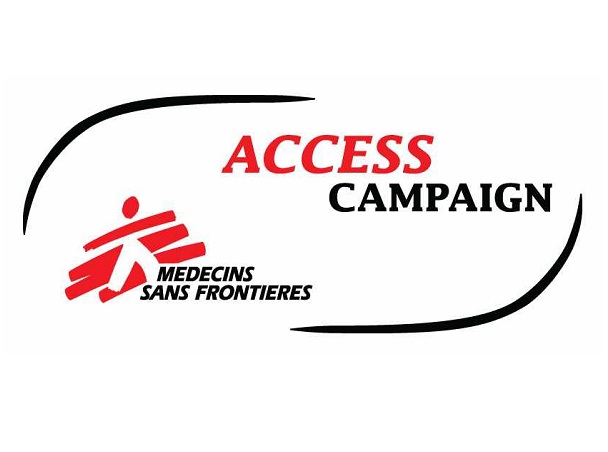
MSF continues to express concern over the use of limited-scope donation programmes as a primary means of providing access to new TB drugs in countries affected by drug-resistant TB, as they are not a long-term solution to facilitating scale-up of treatment.
WHO announcement:
An initiative to extend access to a new TB drug
Background information:
The new TB drug delamanid, produced by Otsuka, has been included in WHO guidance for treating multidrug-resistant TB (MDR-TB) since October 2014. The drug has so far only been registered in the EU, Japan and South Korea. To date, only about one hundred patients with multidrug-resistant TB (MDR-TB) have had access to the drug outside clinical trials. Broader use of the drug has been severely hindered by a lack of public information available about the registration and pricing plans for this potentially promising drug.
Otsuka has just outlined an objective to ensure that 20% of all diagnosed and treated MDR-TB patients in quality programmes have access to delamanid by 2020 – this is a move in the right direction. MSF positively acknowledges the development of new products for MDR-TB, attempts to scale up their use, and work on a clinical trial for a pediatric formulation of delamanid.
Yesterday, the WHO Global TB Program announced that Otsuka would make limited quantities of the drug available through a ‘targeted access donation programme,’ although few details about the programme are known.
MSF continues to express concern over the use of limited-scope donation programmes as a primary means of providing access to new TB drugs in countries affected by drug-resistant TB, as they are not a long-term solution to facilitating scale-up of treatment. Much more must be done to rapidly provide access to these drugs, so that the current toxic regimen for drug-resistant TB can be improved, and the potential of these new drugs maximized.
MSF Response: statement by Dr Manica Balasegaram, Executive Director, Médecins Sans Frontières Access Campaign:
“Countries affected by drug-resistant TB and patients without other treatment options urgently need access to new drugs like delamanid, which has been recommended by WHO.
New, promising TB drugs should be made available to everyone who needs them, and TB programs must be strengthened to ensure good stewardship of the drugs, improved quality of care, and better patient outcomes. Pricing of the new drugs must be transparent, with one affordable price available to all developing countries, and the drugs must be registered in all countries with a high burden of drug-resistant TB as soon as possible.
New TB drugs are currently added to existing regimens that cost thousands of dollars per treatment course; MSF believes that the total price for a full treatment course should be no more than $500, in order to facilitate rapid scale-up of treatment for drug-resistant TB.
After a 50 year wait for new TB drugs and more than 200,000 patients dying from MDR-TB every year, the lack of access to the new TB drugs is not acceptable. A recent letter from civil society urged governments, global health actors and drug manufacturers to move swiftly towards putting more people on available treatments, and recommended setting clear and ambitious targets for scaling up the use of treatment regimens that include the most promising TB drugs. Donations are not a long-term solution to the urgent need to significantly scale up treatment.
We urge drug manufacturers to prioritise and facilitate trials for new TB regimens, and for the NIH to commence the long-planned study to look at the safety of combining delamanid and bedaquiline as soon as possible.”
Source: Médecins Sans Frontières